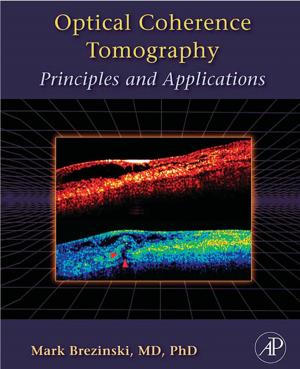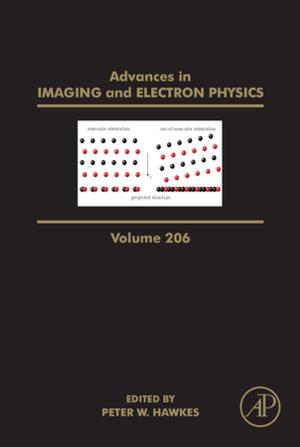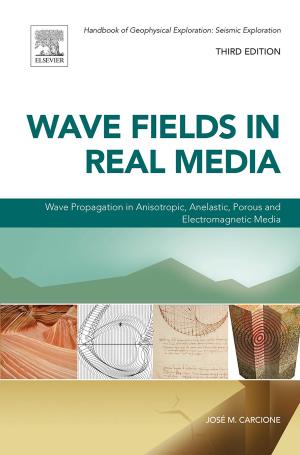| Author: | Ian Sinclair | ISBN: | 9780080971117 |
| Publisher: | Elsevier Science | Publication: | April 13, 2011 |
| Imprint: | Newnes | Language: | English |
| Author: | Ian Sinclair |
| ISBN: | 9780080971117 |
| Publisher: | Elsevier Science |
| Publication: | April 13, 2011 |
| Imprint: | Newnes |
| Language: | English |
Electronics Simplified, Third Edition, discusses the aims and methods of electronics, with emphasis on digital electronics and software options. It covers the latest developments in electronics, including Blu-ray, digital TV and radio, HD and 3D TV, robotic systems, radar, cellular phones, GPS, and microcomputers.
Organized into 17 chapters, the book introduces the reader to every aspect of electronics from fundamentals to applications, with minimal mathematics required. It provides an overview of electricity, waves, and pulses and how a steady voltage is generated, along with power, alternating voltage, and AC and DC transmission. The information on microcomputers has been greatly expanded, while information on analog fundamentals has been retained. It also discusses passive components such as transformers, resistors and capacitors, inductors, transformers, resonance, and diodes; active components and integrated circuits, particularly what a transistor is and what it does; how traditional radio works; elements of television, including color television; digital television and radio broadcasting; and digital signals and digital recording. Finally, the principles of CD recording are explained, along with the basics of microprocessors, calculators, computers, and computer peripherals.
This book is essential reading for hobbyists, technicians, professionals, and students. It is suitable for anyone taking a qualification course in electronics, or for those who want to know more about the digital revolution.
- Explains electronics from fundamentals to applications – No other book has such breadth of coverage
- Approachable, clear writing style, with minimal math – No previous knowledge of electronics required!
- Now fully revised and updated to include coverage of the latest developments in electronics: Blu-ray, HD, 3-D TV, digital TV and radio, miniature computers, robotic systems and more
Electronics Simplified, Third Edition, discusses the aims and methods of electronics, with emphasis on digital electronics and software options. It covers the latest developments in electronics, including Blu-ray, digital TV and radio, HD and 3D TV, robotic systems, radar, cellular phones, GPS, and microcomputers.
Organized into 17 chapters, the book introduces the reader to every aspect of electronics from fundamentals to applications, with minimal mathematics required. It provides an overview of electricity, waves, and pulses and how a steady voltage is generated, along with power, alternating voltage, and AC and DC transmission. The information on microcomputers has been greatly expanded, while information on analog fundamentals has been retained. It also discusses passive components such as transformers, resistors and capacitors, inductors, transformers, resonance, and diodes; active components and integrated circuits, particularly what a transistor is and what it does; how traditional radio works; elements of television, including color television; digital television and radio broadcasting; and digital signals and digital recording. Finally, the principles of CD recording are explained, along with the basics of microprocessors, calculators, computers, and computer peripherals.
This book is essential reading for hobbyists, technicians, professionals, and students. It is suitable for anyone taking a qualification course in electronics, or for those who want to know more about the digital revolution.
- Explains electronics from fundamentals to applications – No other book has such breadth of coverage
- Approachable, clear writing style, with minimal math – No previous knowledge of electronics required!
- Now fully revised and updated to include coverage of the latest developments in electronics: Blu-ray, HD, 3-D TV, digital TV and radio, miniature computers, robotic systems and more















